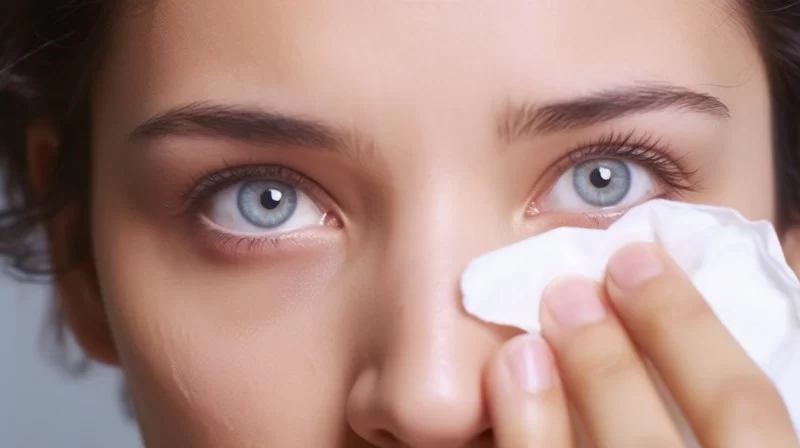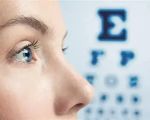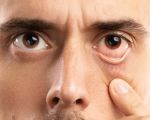
How to Effectively Treat Chronic Dry Eye Syndrome – Causes, Symptoms & Solutions
Chronic dry eye syndrome is a condition that affects millions of people worldwide. It occurs when your eyes do not produce enough tears or produce poor-quality tears, leading to dryness, irritation, and discomfort. In this article, we will explore the causes, symptoms, and most effective treatments for chronic dry eye syndrome, offering you the best solutions for relief.
- 1. Understanding Chronic Dry Eye Syndrome
- 2. Common Causes of Dry Eye Syndrome
- 3. Symptoms of Chronic Dry Eye
- 4. Treatment Options for Chronic Dry Eye Syndrome
1. Understanding Chronic Dry Eye Syndrome
Chronic dry eye syndrome, also known as keratoconjunctivitis sicca, is a condition that leads to discomfort, irritation, and visual disturbances. Tears are essential for lubricating and nourishing the eyes, and when the body fails to produce enough, or when tears evaporate too quickly, it results in dry eyes.
The condition is not only uncomfortable but can also lead to serious complications if left untreated, including eye infections, corneal damage, and reduced quality of life. Understanding the condition is the first step in finding effective treatment.
2. Common Causes of Dry Eye Syndrome
Several factors can contribute to chronic dry eye syndrome. The most common causes include:
- Aging: As we age, tear production naturally decreases, especially after the age of 50.
- Hormonal Changes: Hormonal fluctuations, especially during menopause, can affect tear production.
- Medications: Some medications, such as antihistamines, decongestants, and blood pressure medications, can reduce tear production.
- Environmental Factors: Dry air, wind, and exposure to air conditioning or heating systems can increase tear evaporation.
- Health Conditions: Conditions like rheumatoid arthritis, diabetes, and thyroid disorders can contribute to dry eyes.
Identifying the underlying cause is essential for determining the appropriate treatment for chronic dry eye syndrome.
3. Symptoms of Chronic Dry Eye
The symptoms of chronic dry eye can vary from person to person, but the most common signs include:
- Persistent dry feeling or sandy sensation in the eyes
- Redness or irritation of the eyes
- Blurred or fluctuating vision
- Excessive tearing or watery eyes as a response to dryness
- Sensitivity to light
- Difficulty wearing contact lenses
If you are experiencing these symptoms, it's important to consult an eye care professional for a proper diagnosis and treatment plan.
4. Treatment Options for Chronic Dry Eye Syndrome
There are several treatment options available to manage chronic dry eye syndrome. The best course of action will depend on the severity of the condition and its underlying causes. Here are the most effective treatments:
- Artificial Tears: Over-the-counter lubricating eye drops can help relieve mild dryness by providing temporary moisture.
- Punctal Plugs: These small devices are inserted into the tear ducts to prevent tears from draining too quickly, keeping the eyes moist for longer.
- Prescription Medications: Drugs like cyclosporine A (Restasis) and lifitegrast (Xiidra) can help reduce inflammation and improve tear production.
- Warm Compresses: Applying a warm compress to the eyes can help open clogged oil glands and improve the quality of tears.
- Environmental Adjustments: Using a humidifier, wearing wraparound glasses, or avoiding direct exposure to air conditioning and heating can help reduce tear evaporation.
- Dietary Supplements: Omega-3 fatty acids found in fish oil or flaxseed oil can help improve tear production and reduce inflammation in the eyes.
In some cases, more advanced treatments, such as surgery or special devices to stimulate tear production, may be necessary. It's important to consult with your eye doctor to determine the best treatment plan for your condition.
By understanding the causes and symptoms of chronic dry eye syndrome and exploring the available treatments, you can find relief and enjoy improved eye health. Don't wait—consult with an eye care specialist to start your journey toward healthier, more comfortable eyes today.








